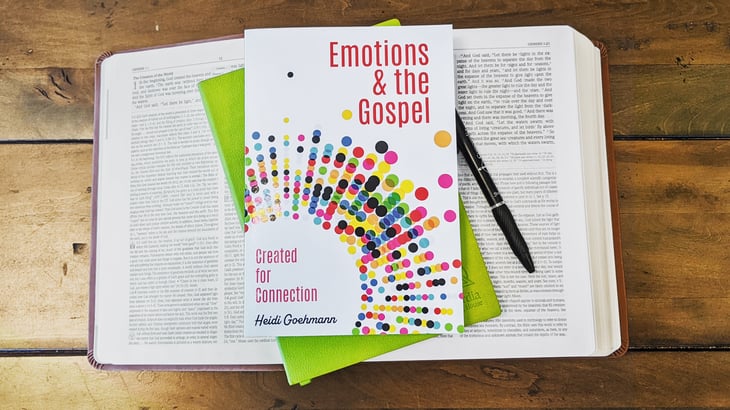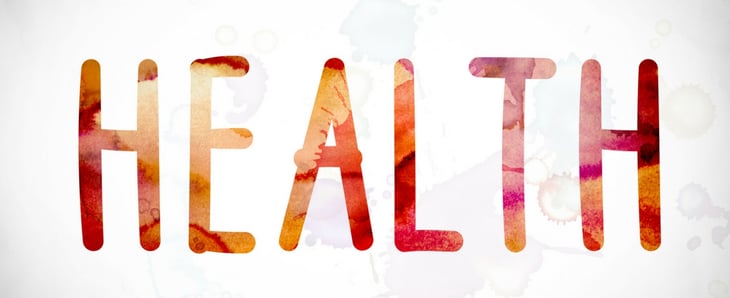How Martin Luther Approached Mental Health Issues
While increasing mental health awareness might seem newfangled, the topic of mental health was addressed by our own church fathers, including Martin Luther. As you seek to extend Christian love to your neighbors, consider what Luther has to say about how to support people who are struggling with mental health issues.
This blog post is adapted from Martin Luther on Mental Health Practical Advice for Christians Today.
Sadness and Joy in Lent
I spend a fair amount of time in airports and on airplanes. On almost every trip, someone inevitably asks me what I do for a living. I generally want to answer, “It’s complicated.” There should be a special club for those of us in indescribable vocations. In the last year I have settled on, “I’m a trauma therapist. I specialize in the intersection of faith and mental health.”
Emotions: And God Called Them Good
I notice that my dog has a higher tolerance for emotions than I do.
He is a labradoodle, seventy pounds of love and complete unawareness of personal space. He makes himself strangely available when I am sad, when I am anxious, when I am irritable, and when the world is too much and I need some fur to hold on to.
Your Emotions and God
Lately, I’ve been a little grumpy.
Call it stress, overcast fall days, or the impending Michigan winter, but either way, my mood has been off. I’ve been irritable, frustrated, and low energy.
The past few years have been taxing on the world collectively. I imagine many of you reading this have felt the same way over the past three years. I know I have! Even so, our emotions can certainly draw us closer to God. Read on to discover some ways to do just that!
Your Emotions Are God’s Gift
Discover your wide breadth of emotions as a gift from the Creator in Heidi Goehmann’s latest book, Emotions and the Gospel. Read an excerpt about how God created your emotions to be good (even the so-called bad ones) and to mirror His own perfect emotions before creation’s fall to sin.
Caring for Your Mental Health When the World Seems Unstable
This week we packed our two cars full of kids and dogs and clothes and moved across the country. Moving is destabilizing. Most of what you know is stripped away. You have to have your GPS for a trip to the grocery store. The schools are different. Your church is different. Your home is different. Your neighbors are different.
With or without a move, the world is destabilizing right now. Things seem different, in constant flux and change.
Anxiety and the Pandemic
The level of anxiety facing children, parents, schoolteachers and administrators, congregational shepherds and lay leaders, and our public policy makers is enormous—pandemic anxiety for pandemic times! Although the fear of physical, emotional, spiritual, and financial disorder and disease is very real due to this destructive virus, the accompanying anxiety (rumination and worry of what could or might happen to us and our loved ones) is debilitating in and of itself.
Whole Health Begins with Mental Health
My professional association, the American Psychiatric Nurses Association, has as its theme for 2017 “Whole Health Begins with Mental Health . . . Let It Begin with You!” I like this theme because it lifts up the wholeness in which we are created: body, mind, and spirit. It also reminds me that spiritual and emotional health is the foundation for a person’s whole health. Unless we tend to our spiritual and emotional needs, it is not possible to live in a state of health. The body, mind, and spirit are inextricably bound together. The last part of the phrase, “Let it begin with you,” is a good place to start as we seek to serve as advocates for those who suffer with mental illness among us.
I would like to lift up three attitudes and actions that begin with oneself:






















